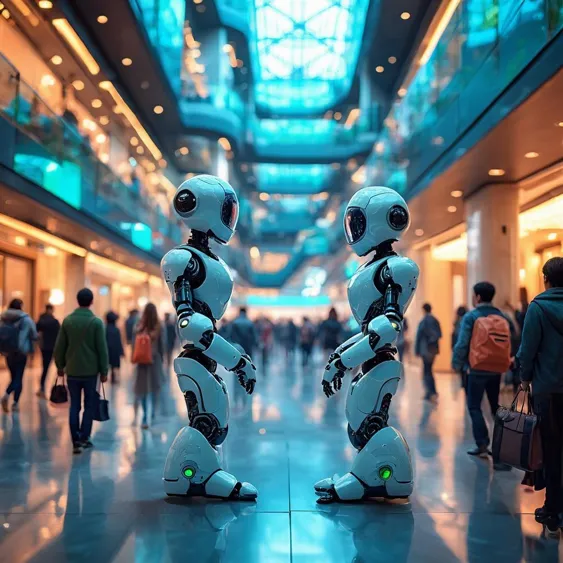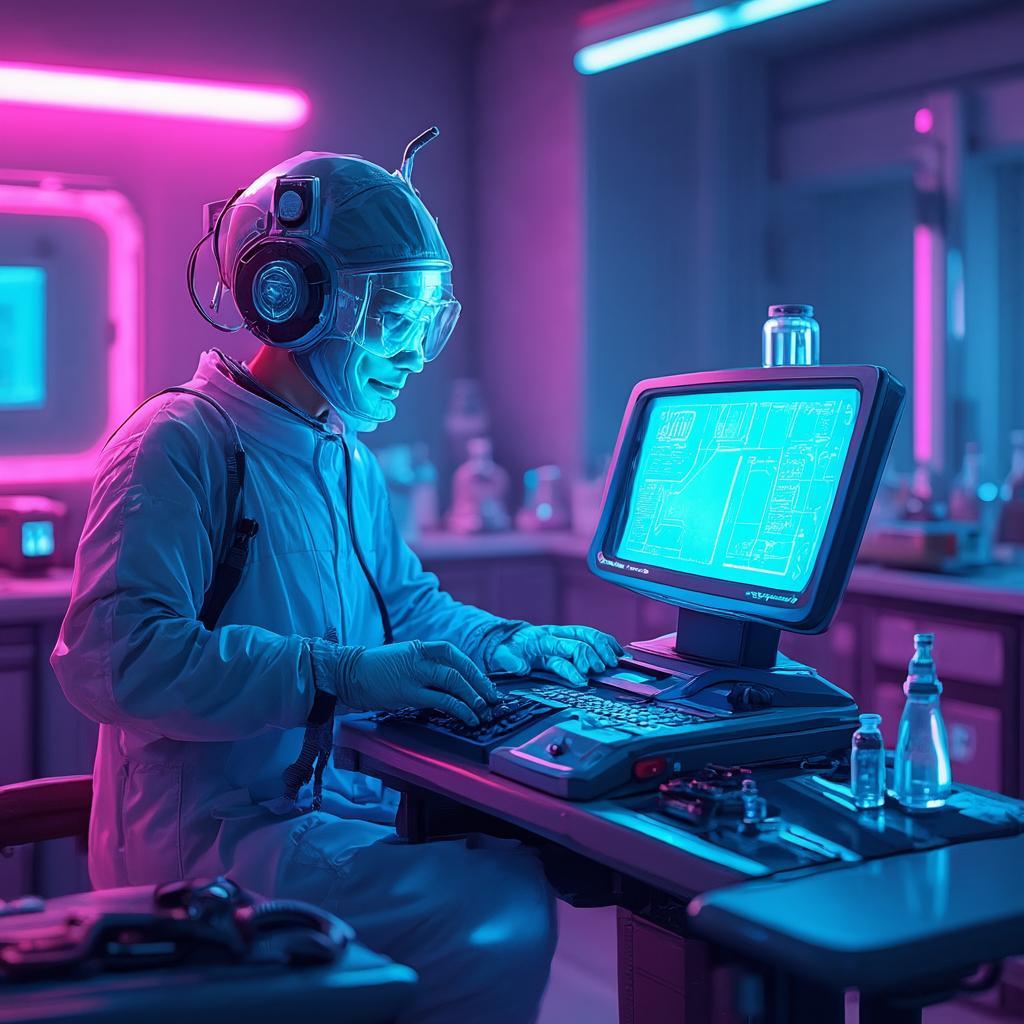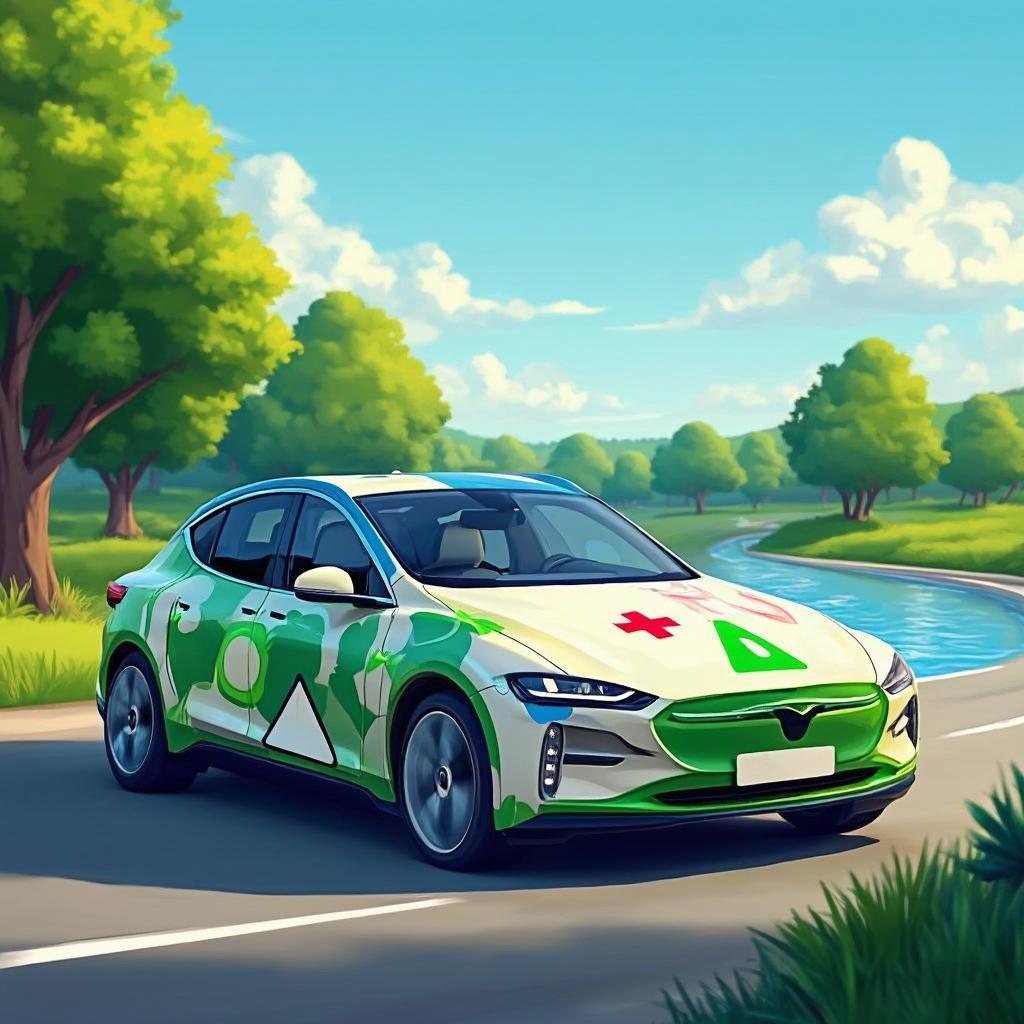Rise of Life-like Robots: Beijing's New Robot Mall Launch

As technology continues to evolve, one of the most exciting advancements is the development of life-like robots. The recent opening of a store in Beijing known as Robot Mall marks a significant milestone, providing a platform where consumers can purchase humanoid robots designed for various functions—ranging from mechanical butlers to replicas of historical figures like Albert Einstein. The implications of this shift are profound, affecting everything from consumer convenience to the ethical considerations of using robots within personal spaces. With more than 100 robot types on sale, there is a real push towards integrating these machines into everyday life, showcasing a new era in consumer technology that responds to challenges such as an aging population and economic pressures.
At Robot Mall, visitors can engage with an array of robots, from playful mechanical dogs to advanced chess players, emphasizing the interactive nature of these products. Consider this: a robot can serve as a friend, a helper, or even a source of entertainment, similar to how we might perceive a pet or household appliance. This parallel invites reflection on our relationship with machines—should they be treated with the same ethical consideration as living beings? As more people bring robots into their homes, the lines between technology and companionship blur, leading to discussions about privacy and the emotional impact of these interactions. In industries beyond retail, such as healthcare and eldercare, the practical uses of humanoid robots present both opportunities for efficiency and challenges in maintaining human connection.
Read These Next

NASA, Google Create AI Medical Assistant for Astronauts
Discussion on NASA and Google's partnership to develop CMO-DA, an AI medical assistant for space missions, and its implications for healthcare in extreme environments and Earth.

Florida Verdict: Tesla Autopilot's Impact on Safety
This article explores the implications of a jury's verdict finding Tesla partially liable for a fatal crash involving its Autopilot technology. It delves into the functionality and limitations of self-driving systems and highlights the need for better consumer understanding and regulatory standards.

OpenAI's Chess Victory: The Future of AI Competition
This article explores the significance of recent AI chess tournaments with OpenAI's o3 model defeating Elon Musk's Grok, highlighting the advances and competitive dynamics in AI development.
